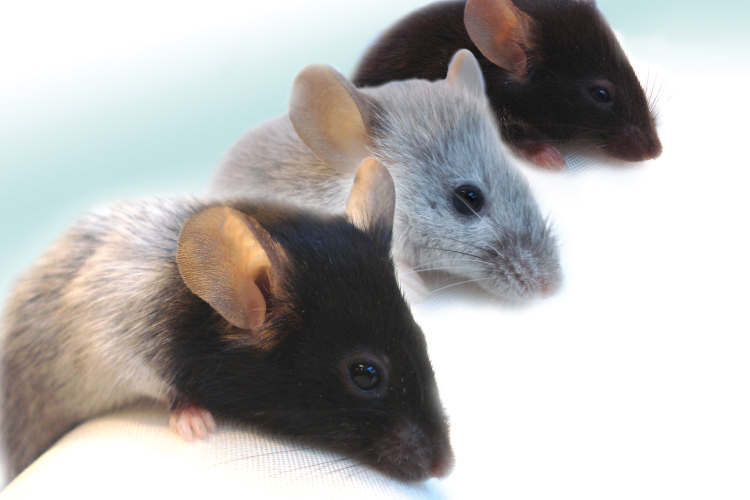
SfN Supports Scientists Conducting Animal Research

As SfN President Hollis Cline explains in her latest column, responsible animal research is essential to advancing our understanding of the brain and nervous system and discovering cures for neurological disorders. The Society for Neuroscience is committed to advocating for the ethical use of animals in research and supporting neuroscientists around the world who conduct animal research.
“As animal rights extremists around the world call into question the need for animal research, SfN plays a critical role in communicating the importance of animal research and in assisting members who conduct this research,” said Mar Sanchez, chair of the Committee on Animals in Research and associate professor of psychiatry and behavioral sciences at Emory University.
SfN has been a longtime leader in advocating for the use of animals in research, including nonhuman primates, by weighing in with policymakers about the importance of animal models, educating the public, and aiding researchers whose work has come under attack by extremists.
Recently, SfN has undertaken a variety of advocacy efforts including engaging in ongoing conversations with NIH about the use of nonhuman primates in research, submitting a letter to the Australian government to oppose a bill that would ban the importation of captivity-bred nonhuman primates, and standing up for research involving animal models in an op-ed in The Hill written by Cline and Sanchez.
In addition, the Society provides many resources for institutions and scientists who conduct animal research in case they are targeted by extremists. For example, SfN offers guidance on how to proactively protect researchers and their work from animal rights extremists and how to respond in the event of an attack.
“Institutions play a vital role in defending their scientists from animal rights extremists, and SfN encourages them to proactively prepare for an animal activism incident,” Sanchez said. “By using these SfN resources to plan in advance, institutions can take quick and efficient action if an attack occurs.”
Resources available on SfN.org include Essential Steps Researchers Should Take, Best Practices for Protecting Researchers and Research, Assistance for Members Under Attack, and Responding to Freedom of Information Act Requests. Additionally, resources from the National Association for Biomedical Research have recently been added to SfN.org (member login needed), including a Crisis Management Guide and a guide to Legal Resources for Managing Security at Private Residences.
SfN also partners with other organizations — including the Federation of European Neuroscience Societies (FENS), the International Brain Research Organization (IBRO), the National Association for Biomedical Research, the Foundation for Biomedical Research, and Americans for Medical Progress — to ensure that SfN members have the support they need to continue the ethical use of animals in research. SfN worked with FENS, the Japan Neuroscience Society, and IBRO to develop the Global Statement on the Use of Animals in Research in an effort to create global collaboration around animal research issues.
Visit BrainFacts.org’s Animals in Research section, made possible by the Klingenstein Fund, to read research success stories that demonstrate the importance of animal models for advancing the field.
Contact advocacy@sfn.org if you have any questions or if your research is under attack.


















